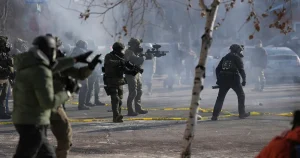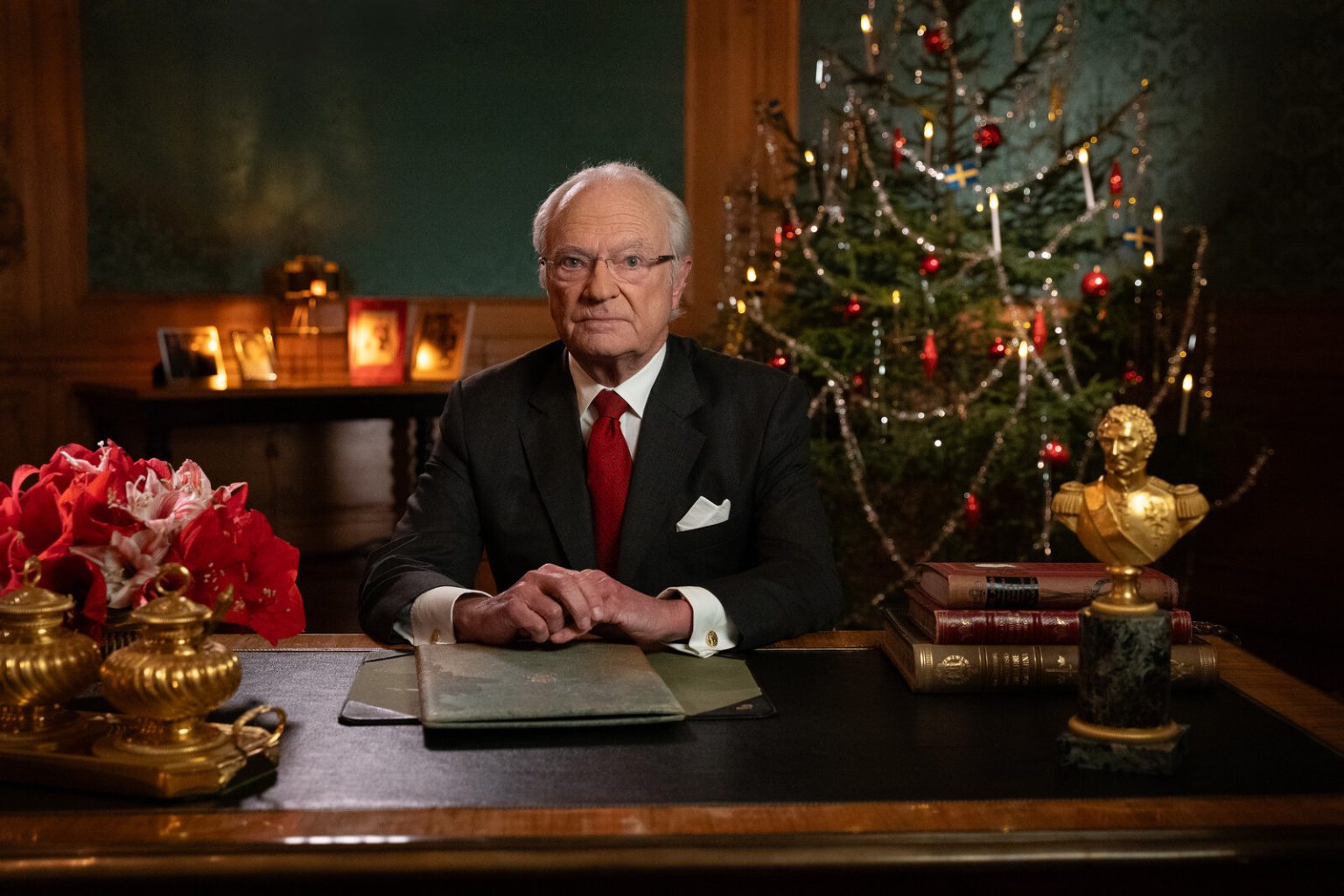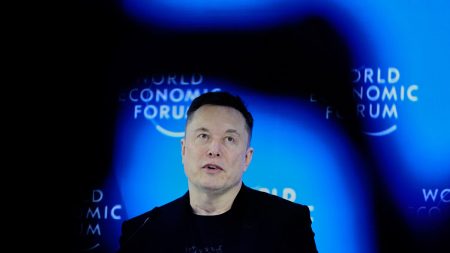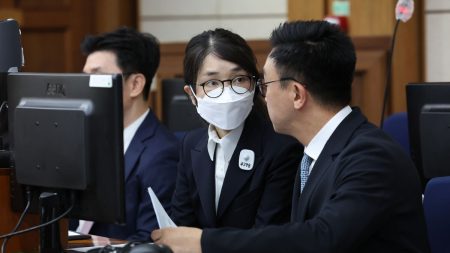His Majesty King Carl XVI Gustaf of Sweden, in his annual Christmas address, called for a period of reflection and tranquility amidst the pervasive darkness gripping the world. He expressed deep concern for the victims of war, particularly in Ukraine and the Middle East, acknowledging the widespread anxiety and the subsequent yearning for security that such conflicts engender. The King emphasized that security is not an inherent right but a collective responsibility, a societal construct that demands continuous effort and collaboration. He stressed the importance of unity and mutual support in navigating these turbulent times and building a more secure future for all.
The year 2024 marked a pivotal moment in Sweden’s history, as the nation relinquished its long-standing policy of non-alignment and formally joined the North Atlantic Treaty Organization (NATO). The King characterized this decision as one of the most significant security policy shifts in Swedish history, underscoring its profound implications for the nation’s future. He highlighted the strengthened bonds with other Nordic countries, noting that the entire region’s inclusion within NATO has solidified their collective defense and fostered a greater sense of regional security. This historic move signifies a new chapter in Sweden’s foreign policy and reflects the evolving geopolitical landscape.
Despite the somber backdrop of global conflicts, the King also reflected on moments of personal joy and national pride. He fondly recalled his attendance at the 2024 Olympic Games in Paris, an event holding special significance for the Swedish Royal Family. He reminisced about the 1972 Munich Olympics, a poignant reminder of the enduring power of sport to connect people and foster relationships, even highlighting its role in his own meeting with Queen Silvia. This juxtaposition of global turmoil and personal milestones underscores the complex tapestry of human experience, encompassing both moments of celebration and periods of profound sadness.
The King’s address also touched upon the enduring legacy of the devastating 2004 Indian Ocean tsunami, which claimed the lives of 543 Swedes, including 140 children. Twenty years after this tragedy, the King acknowledged the continued grief and longing experienced by many in Sweden, particularly on Boxing Day, a date forever etched in the nation’s collective memory. He emphasized the importance of communal remembrance and the solace found in shared experiences of loss. This reflection on national tragedy resonated deeply with the King’s personal experience of loss following the recent passing of his sister, Princess Birgitta, further emphasizing the need for collective support and remembrance in the face of grief.
The King’s personal experience of loss served to reinforce the vital role of communal gatherings and shared remembrance in the healing process. He connected the individual need for solace to the broader societal yearning for hope and a brighter future, particularly during times of adversity. This emphasis on community and hope underscored the central theme of resilience and the importance of looking forward despite the challenges that lie ahead. The King’s words served as a reminder of the strength and support that can be found within a united community.
In closing, King Carl Gustaf called for a forward-looking perspective, emphasizing the human capacity to overcome adversity and forge a better future. He highlighted the importance of mutual respect, trust in scientific advancements, and the courage to embrace innovation as key ingredients for progress. Despite the challenges and threats facing the world, he expressed confidence in humanity’s ability to find solutions and create a more positive future. This message of hope and resilience resonated as a powerful call to action, urging individuals and nations alike to work together towards a brighter tomorrow.














